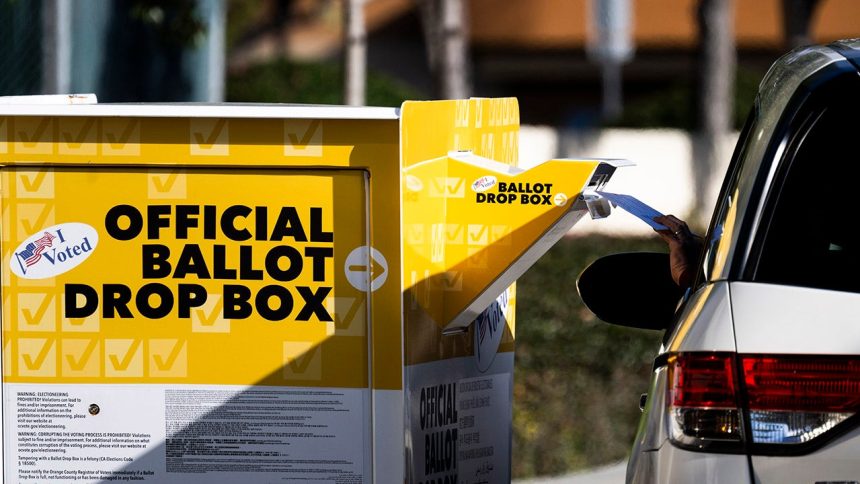
### Support for Arizona’s Voting Legislation
A significant coalition of U.S. attorneys general, nearly half of the total in the country, have submitted amicus briefs to the Supreme Court advocating for an immediate stay that would empower Arizona to mandate proof of U.S. citizenship as a prerequisite for voting in federal elections.
On Thursday, the Republican Party of Arizona announced its submission of an emergency application related to an ongoing appeal from the Ninth Circuit Court of Appeals. This action supports House Bill 2492—a law that necessitates citizens provide proof of their citizenship when voting in presidential elections.
The legislation stipulates that voters must show evidence of citizenship even when submitting ballots via mail, reinforcing state efforts to ensure election integrity.
“The Constitution empowers states to determine voter eligibility, and Arizona is at the forefront ensuring that only citizens participate in our electoral processes,” tweeted the Arizona GOP. “This case could definitively eliminate non-citizen voting, which has always been a necessary standard.”
### Legal Backing from Various States
Backing this movement are attorneys general from 24 additional states—including Texas, Florida, and Georgia—collaborating with Kansas and West Virginia on this brief.
The Dhillon Law Group filed this document asserting that recent district court rulings contradict constitutional provisions allowing states to enforce proof-of-citizenship requirements during elections.
Harmeet Dhillon, lead counsel for this initiative, stated: “The Court must promptly grant a stay on any injunctions by District Courts hindering Arizona’s constitutional rights regarding how it selects its presidential electors.”
### Advocacy for Voter Integrity
The non-partisan organization Honest Elections Project supports these measures by affirming states’ rights to request proof of citizenship specifically for mail-in ballots. They assert on their website: “We urge the Supreme Court to permit Arizona’s law implementation so states can safeguard their electoral processes.”
Meanwhile, an emergency application lodged by the Republican National Committee emphasizes ongoing concerns regarding voter integrity amid rising populations described as “illegal aliens.”
They noted: “Given evidence suggesting a growth in non-citizen populations—with one study estimating over 11 million undocumented immigrants residing in America as recently as 2019—there exists considerable cause for alarm.”
Each undocumented individual potentially increases opportunities for voter fraud—a concern compounded not only by those here illegally but also including individuals legally present who may lack voting rights or have overstayed their visas.
By illuminating these perspectives surrounding election security laws like those proposed in Arizona and supported widely among several states’ leaders and organizations advocating transparency at polls — national discussions around qualifying voters have certainly intensified.
Source






